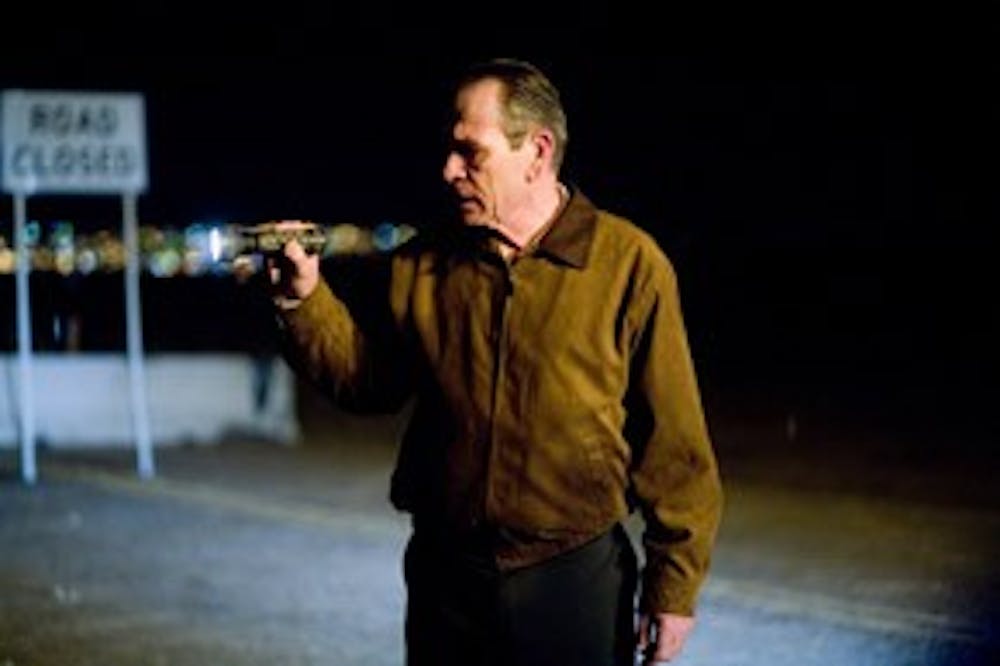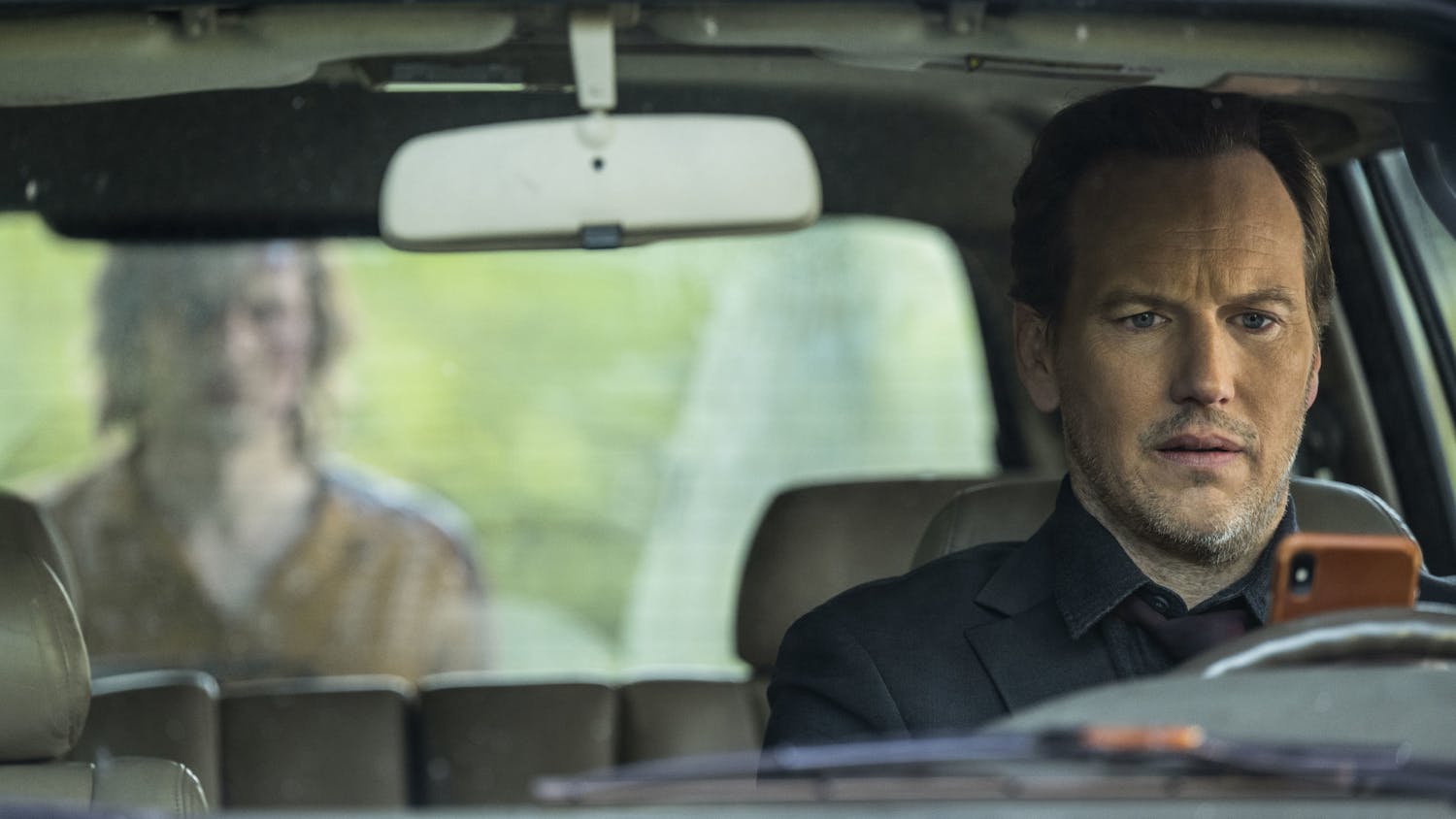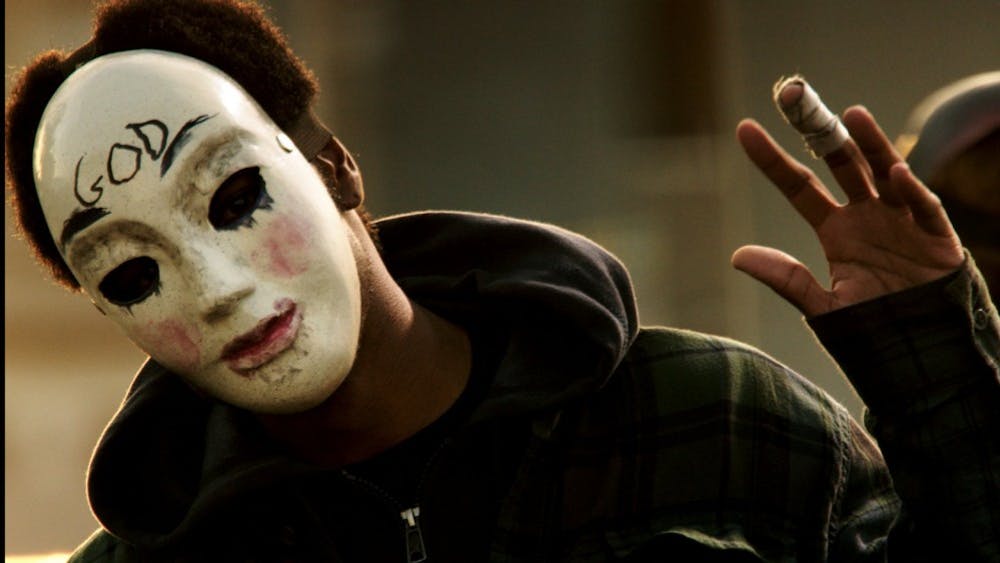Morality stands as the central focus of Paul Haggis' movies. As in "Million Dollar Baby" (for which he wrote the screenplay) and "Crash" (which he wrote and directed), Haggis forces viewers to navigate murky moral waters in the film "The Valley of Elah," this time addressing the impossible morality of the Iraq War: Its soldiers, its conduct, its home front.\nThe film follows ex-military man Hank (Tommy Lee Jones) on a quest to find out what happened to his son Mike (Jonathan Tucker), who dies in a brutal murder after returning from a tour of duty in Iraq. A detective from the local police department (Charlize Theron) helps him battle the military cover-up. \nSure, the plot veers from humdrum whodunit to clunky thriller to overly somber Oscar bait, but how do you make an Iraq War film, anyway? The fog of war still sits atop us, as it does in the movie, pulling a dull khaki palette across the screen and washing out every performance to a blank stare.\nJones carries the whole movie on his world-weary face. The old hand seems never to change expression, but as the dehumanizing grind of war creaks onward, the wrinkles seem to carve deeper into his face. Theron works well as his pesky foil, but Jones' minimalism owns the picture.\nOf course, Haggis, being Haggis, can't resist a few images telling us Very Important morals (see: the ending), but the movie's biggest weakness lies in the unfortunate plot device of a series of Mike's cell phone videos decoded slowly, coming in choppy snippets throughout the movie at convenient times. Each one offers a low-fi glimpse into the hell on earth in Iraq. Like "Elah," the little clips -- disjointed and blurry -- represent the movie's jumbled artistic view of this war: Drowning in images but cripplingly unable to understand.
Valley of the blahs
In the Valley of Elah (R) Grade: B-

Get stories like this in your inbox
Subscribe





